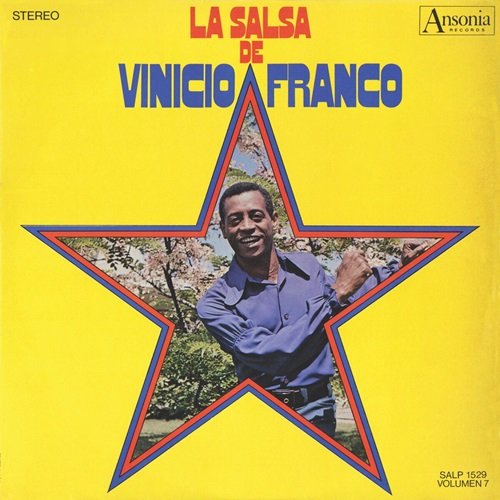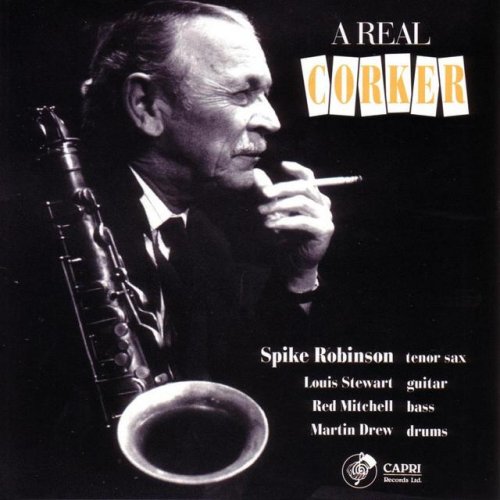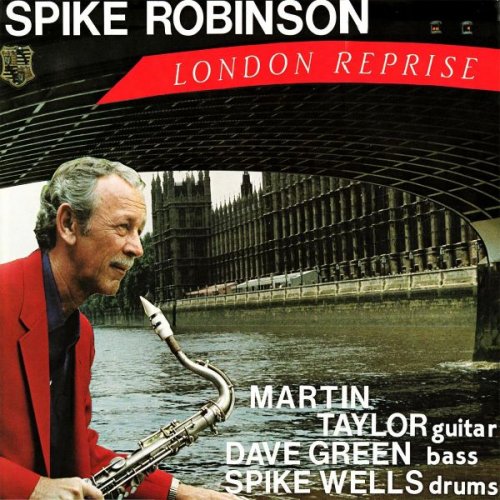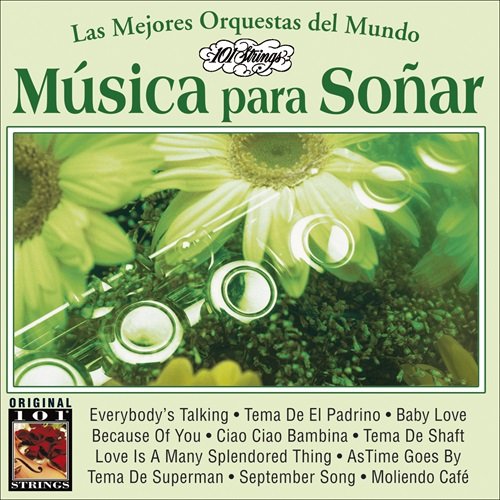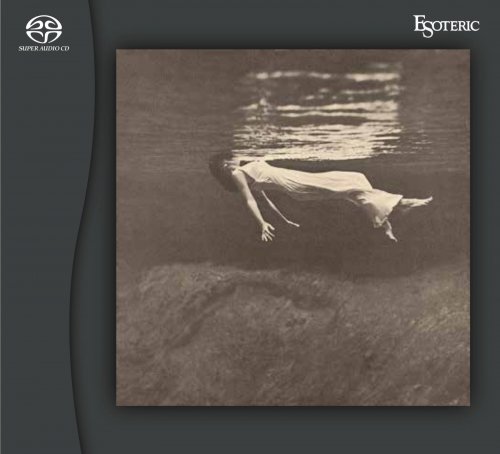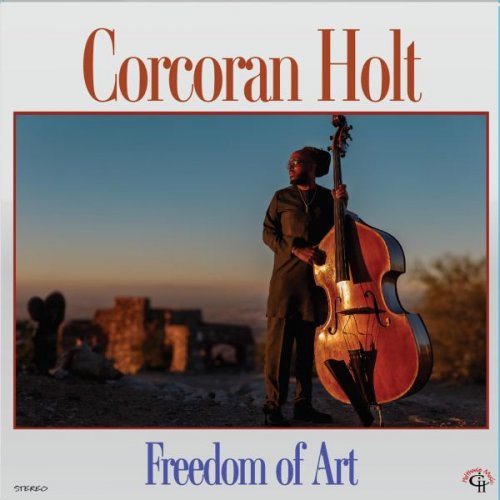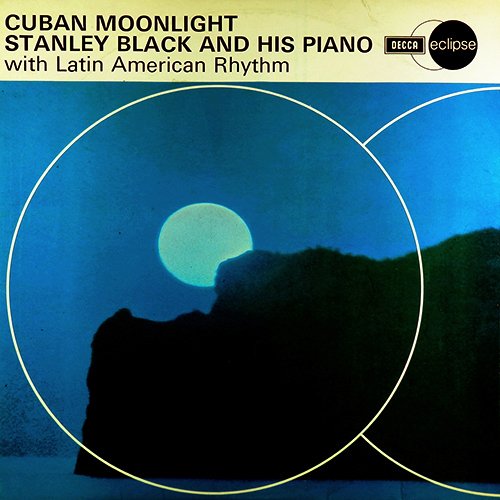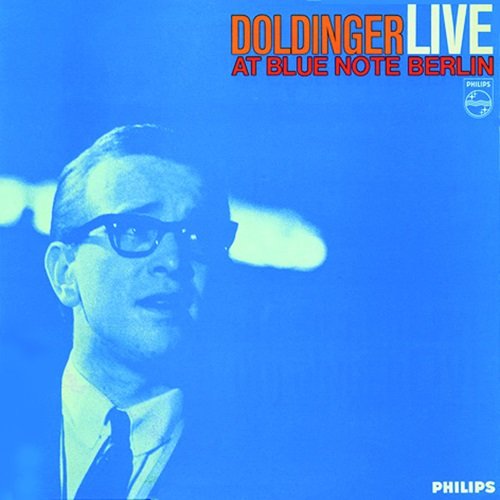Percy Faith - Fellow Believer (2019)
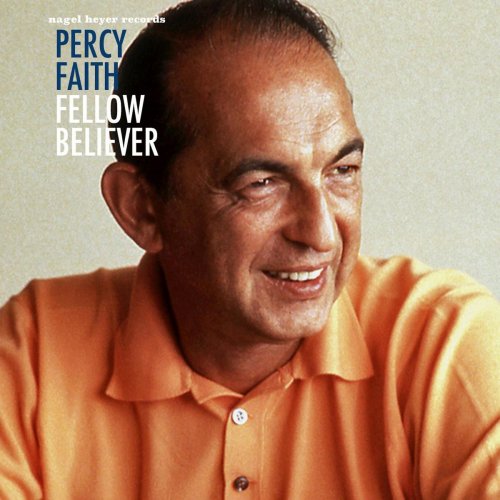
Artist: Percy Faith
Title: Fellow Believer
Year Of Release: 2019
Label: nagel heyer records
Genre: Jazz, Easy Listening
Quality: FLAC (tracks) / MP3
Total Time: 1:27:18
Total Size: 536 / 201 MB
WebSite: Album Preview
Tracklist:Title: Fellow Believer
Year Of Release: 2019
Label: nagel heyer records
Genre: Jazz, Easy Listening
Quality: FLAC (tracks) / MP3
Total Time: 1:27:18
Total Size: 536 / 201 MB
WebSite: Album Preview
01. Beyond the Sea
02. The Sound of Music
03. My Country, 'Tis of Thee
04. A Wonderful Guy
05. Climb Ev'ry Mountain
06. Jesus, Saviour, Pilot Me
07. La Paloma
08. Holy, Holy, Holy
09. The Holly and the Ivy
10. So Long, Farewell
11. Nearer My God to Thee
12. Granada
13. Rock of Ages
14. My Favorite Things
15. Just as I Am
16. All Through the Night
17. Abide with Me
18. Tenderly
19. What Child Is This
20. The Holy City
21. Some Enchanted Evening
22. The Lord Is My Light
23. It Came Upon a Midnight Clear
24. Adeste Fideles
25. In the Garden
Percy Faith was one of the most popular easy listening recording artists of the '50s and '60s. Not only did he have a number of hit albums and singles under his own name, but Faith was responsible for arranging hits by Tony Bennett, Doris Day, Johnny Mathis, and Burl Ives, among others, as the musical director for Columbia Records in the '50s.
Born and raised in Toronto, Canada, Faith was a child piano prodigy, giving his first recital at Massey Hall at the age of 15 and playing various movie theaters, providing the soundtrack to silent films. His career as a concert pianist was cut short when he injured his hands in a fire when he was 18. Faith moved into arranging, beginning with local, hotel orchestras but quickly moving to radio. It was here where he developed his lush pop-instrumental style. For most of the '30s, he worked on Canadian Broadcast Company. At the end of the decade his radio show, Music by Faith, was also being aired within the United States.
Upset with CBC slashing the budget of his program, Faith moved to Chicago in 1940. Shortly afterward, he relocated to New York; by 1945, he had become an official U.S. citizen. Working for NBC in New York, he arranged and conducted for a number of shows and singers, including Coca-Cola's radio show and Buddy Clark. During the late '40s, he recorded for both Decca and RCA Victor.
Faith joined Columbia Records as musical director and a recording artist in 1950. While he arranged traditional pop songs, as well as show tunes, folk songs, and traditional pop songs for the label's vocalists, Faith became a pioneer of easy listening "mood music" with his own albums. In addition to popularizing the light, orchestrated pop, he was the first to record albums solely consisting of songs from Broadway shows; he also was one of the first mainstream composers/arrangers to experiment with Latin rhythms.
Faith had his first number one single, "Delicado," in 1952. In the mid-'50s, he began composing film scores, beginning with the Oscar-nominated collaboration with George Stoll, Love Me or Leave Me. But he scored his biggest hit of the 1960s with a piece of music written by another film composer. His late-1959 recording of Max Steiner's "The Theme From 'A Summer Place'" became a number one hit in 1960 and earned Faith his first Grammy. As rock & roll took over popular music in the early '60s and his work became more schlocky in format (easy listening arrangements of Beatles and pop/rock songs, etc.), the musical quotient remained high, thanks in large part to Faith's arranging skills and penchant for picking good material. Faith slowly withdrew from a professional career in the late '60s, but continued recording until just before his death in 1976. ~ Stephen Thomas Erlewine
Born and raised in Toronto, Canada, Faith was a child piano prodigy, giving his first recital at Massey Hall at the age of 15 and playing various movie theaters, providing the soundtrack to silent films. His career as a concert pianist was cut short when he injured his hands in a fire when he was 18. Faith moved into arranging, beginning with local, hotel orchestras but quickly moving to radio. It was here where he developed his lush pop-instrumental style. For most of the '30s, he worked on Canadian Broadcast Company. At the end of the decade his radio show, Music by Faith, was also being aired within the United States.
Upset with CBC slashing the budget of his program, Faith moved to Chicago in 1940. Shortly afterward, he relocated to New York; by 1945, he had become an official U.S. citizen. Working for NBC in New York, he arranged and conducted for a number of shows and singers, including Coca-Cola's radio show and Buddy Clark. During the late '40s, he recorded for both Decca and RCA Victor.
Faith joined Columbia Records as musical director and a recording artist in 1950. While he arranged traditional pop songs, as well as show tunes, folk songs, and traditional pop songs for the label's vocalists, Faith became a pioneer of easy listening "mood music" with his own albums. In addition to popularizing the light, orchestrated pop, he was the first to record albums solely consisting of songs from Broadway shows; he also was one of the first mainstream composers/arrangers to experiment with Latin rhythms.
Faith had his first number one single, "Delicado," in 1952. In the mid-'50s, he began composing film scores, beginning with the Oscar-nominated collaboration with George Stoll, Love Me or Leave Me. But he scored his biggest hit of the 1960s with a piece of music written by another film composer. His late-1959 recording of Max Steiner's "The Theme From 'A Summer Place'" became a number one hit in 1960 and earned Faith his first Grammy. As rock & roll took over popular music in the early '60s and his work became more schlocky in format (easy listening arrangements of Beatles and pop/rock songs, etc.), the musical quotient remained high, thanks in large part to Faith's arranging skills and penchant for picking good material. Faith slowly withdrew from a professional career in the late '60s, but continued recording until just before his death in 1976. ~ Stephen Thomas Erlewine
